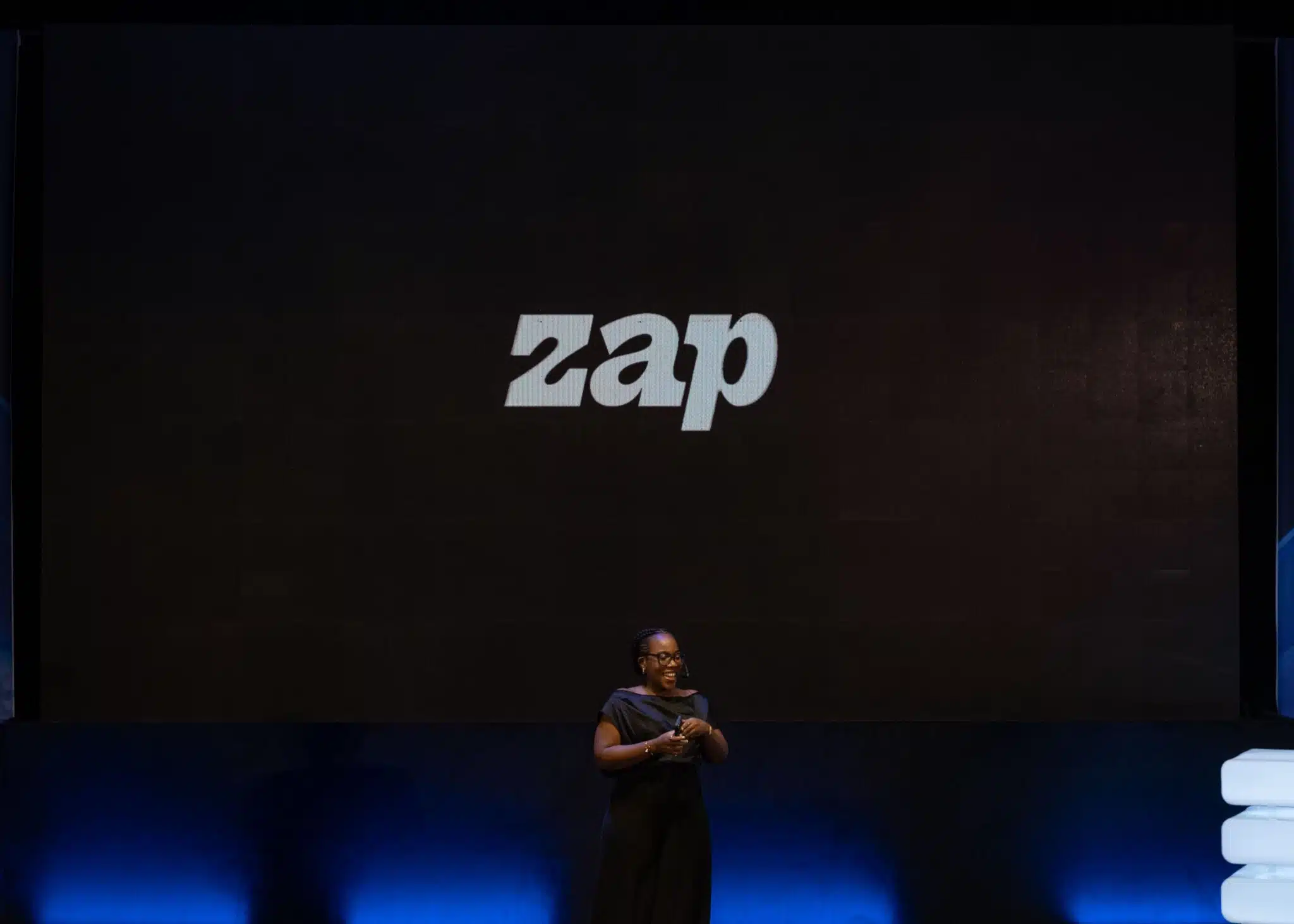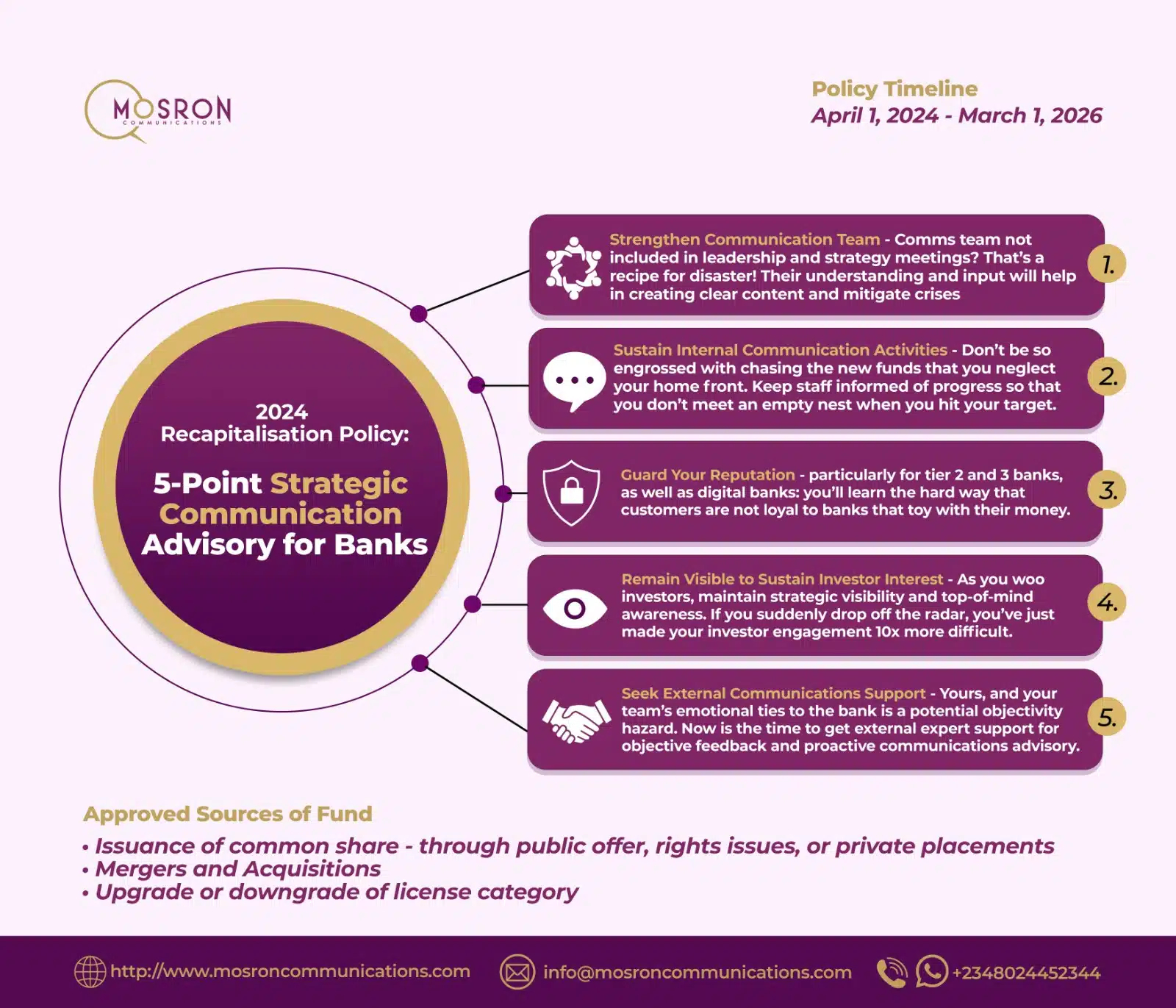The Central Bank of Nigeria (CBN) has imposed a ₦250 million ($190,000) fine on Paystack.
Per TechCabal, the fine is for allegedly operating its new product, Zap, without the appropriate licence.
Zap, a peer-to-peer money transfer app launched in March, functions as a wallet, which requires a microfinance or banking licence.
Paystack currently holds a switching and processing licence, which permits it to route financial transactions but not to hold customer funds.
The CBN’s action underscores the increasing regulatory scrutiny faced by fintech companies in Nigeria. The fintech sector has experienced rapid growth, which has necessitated a more watchful eye from regulators.
In December 2023, the Nigeria Inter-Bank Settlement System (NIBSS) directed banks to remove non-deposit-taking financial institutions from their transfer lists. In a circular to deposit money banks, merchant banks, switches, mobile money operators, and other financial institutions, those not permitted to hold money (non-deposit financial institutions) are to be removed from the list of NIBSS Instant Payment (NIP) Outwards System.
Non-deposit financial institutions are payment solution service providers or payment gateways, like Paysatack, that facilitate the movement of money between online businesses and their customers.
Recently, the CBN has intensified its efforts to ensure compliance within the fintech industry. In 2024, it stopped at least six fintech startups, including Moniepoint and OPay, from opening new bank accounts.
These actions are part of Nigeria’s goal to strengthen its financial system and improve its standing with international bodies like the Financial Action Task Force (FATF).

Victoria Fakiya – Senior Writer
Techpoint Digest
Stop struggling to find your tech career path
Discover in-demand tech skills and build a standout portfolio in this FREE 5-day email course
The situation with Paystack highlights the challenges fintech companies face in navigating Nigeria’s complex regulatory environment. While the CBN aims to protect consumers and maintain financial stability, fintechs must ensure they operate within the legal framework to avoid penalties and service disruptions.
As Nigeria’s fintech landscape evolves, collaboration between regulators and fintech companies will be crucial in fostering innovation while ensuring compliance and consumer protection.











